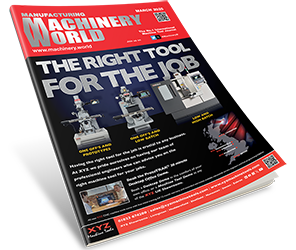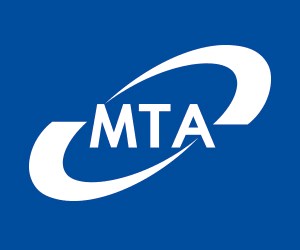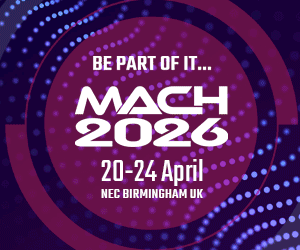Engineering and manufacturing companies are being urged exploit the untapped value in their intellectual property to avoid losing money on lost designs, systems and patents, and create new revenues, says the Manufacturing Technologies Association (MTA).
Each year millions of pounds in IPR – intellectual property rights – are being neglected by the UK’s engineering sector, because companies do not understand these rights and the IP wrapped up in their designs and processes, the leading manufacturing technology business group says.
British engineering companies including technology companies and sub-contractors, and UK subsidiaries of foreign-owned companies, are less knowledgeable about the value within their IP such as patents, design rights and trade marks, compared with companies in the technology service sector, such as gaming and entertainment, the study shows.
As well as losing IP to competitors from not registering their marks and rights, manufacturers are losing out on new revenue streams from both licensing out their IP to third parties, and from licensing IP from other parties as an agent, to allow them to use IP owned by others.
UK investment in intangible assets protected by IPRs has risen from £47 billion in 2000 to £70 billion in 2014, according to the Intellectual Property Office (IPO). This is partly due to the growth of services like software programming and the knowledge economy, but manufacturing companies are missing out and could boost this number far more, says MTA CEO James Selka. “Manufacturing is a creative industry on par with the software and gaming industries – consider the drawings, machine optimisation, tooling, dies and moulds being constantly created. Companies must be more aware of the value that is integral in these creations, because it represents millions of pounds – and they own it.”
The findings come from an extensive survey of MTA members and manufacturers from all fields of manufacturing technology, conducted in 2016 by the MTA, Arvada Marketing and Mathys & Squire LLP. The survey was commissioned to align with the launch of the government’s five-year Intellectual Property Strategy, to recognise the global growth in IPR and educate UK plc intellectual property. “There is a major push in the UK to capture value from IP, the government is behind this and manufacturers should be too,” said Sean Leach, from Mathys & Squire.
Global trade in IP licenses in 2014 was worth more than £220 billion, 1.6% of global trade and rising. And in 2014, firms in the UK market sector invested an estimated £133 billion in knowledge assets, compared to £121 billion in tangible assets.
The survey showed that while nearly all those surveyed had registered basic IP such as a web domain name (94%), only 45% had registered a patent and just 22% owned registered designs. The MTA estimates that many more than this proportion will own a design that could be registered.
Among the key results, 65% of the survey of members had never licensed intellectual property from a third party, and 67% had not licensed out IP to other parties, a high proportion for both given the IP-intensiveness of engineering. And over 65% of the group had never made an application to protect their IP outside of the UK.
81% of the survey used non-disclosure agreements and 24% had been involved in a legal dispute involving IPRs, with the UK and the United States being the most popular locations for the dispute. China was a relatively low proportion.
Collectively the survey results showed that engineering companies, while having better knowledge of IP that the national average, had an inadequate understanding of the range of IP rights and the value, including from licensing, that these rights can accrue for their business, which could represent hundreds of thousands of pounds.
MTA members – largely manufacturers and distributors of technology involved in making components such as machine tools and metrology equipment – scored higher than the 2010 national IP survey on their knowledge of IP, and were broadly similar in knowledge to mid-sized companies across industry with 50-249 employees.
The business group will now set up several IP services to assist engineering companies with exploiting IP fully. These include an MTA-standard non-disclosure agreement, to give all members the same, good level of protection, assistance with making an R&D tax relief claim using online tools (CHECK), and better signposting to higher levels of IP consultancy such as tools provided by and its legal IP partner, Mathys & Squire LLP.
“We are going to give all members and engineering companies which apply the right tools and advice to capitalise fully on this very lucrative resource, that is being neglected,” said the MTA’s CEO James Selka.







